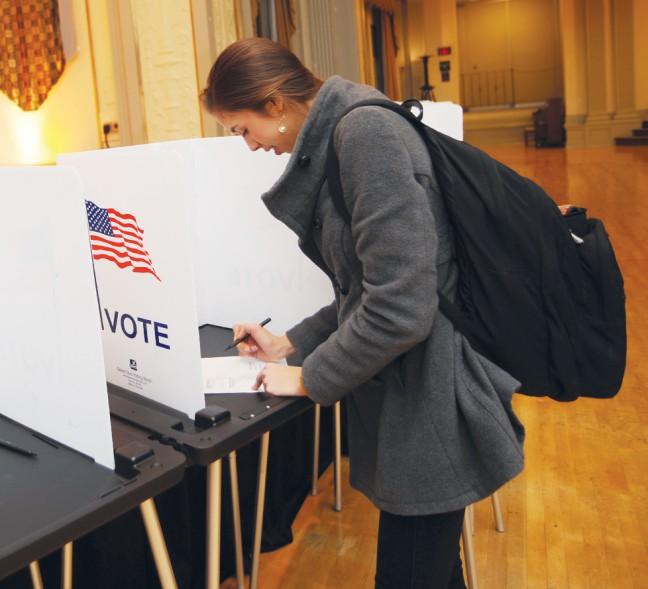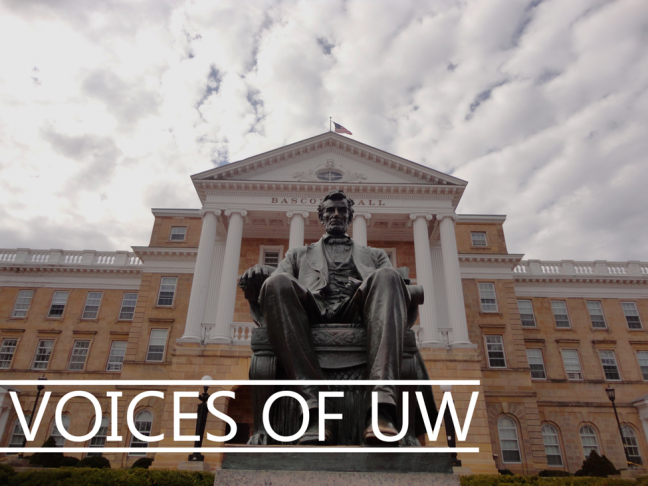Last Thursday, New York Times columnist Thomas Friedman heavily downplayed President Barack Obama’s upcoming trip to Israel, suggesting that he “could be the first sitting American president to visit Israel as a tourist.” Friedman’s frustration stems from a critique that Obama – who has preempted his trip with the assertion of bringing no new peace plan to the table – is uninterested in taking any formidable risks to solve the Israeli-Palestinian conflict. This outlook, however, is dramatically shortsighted. When Air Force One touches down at Ben Gurion Airport Wednesday, Obama will send a strong message to Israel and the world: America is committed to a secure Jewish state of Israel and, despite Mr. Friedman’s claims, to peace in the Middle East.
Obama’s trip will feature a number of site visits that, to the myopic eye, might come across as “touristy.” He will stop at Yad Vashem (the world-renowned Holocaust memorial museum), Mount Herzl and the Church of Nativity in Bethlehem, as well the Shrine of the Book which houses the ancient Dead Sea Scrolls in the Israel Museum. If you’ve traveled to Israel, you’ve probably seen most of these sites. And, like you, the president will get a chance to take in the country as an observer. Yet Obama’s presence in Israel this week bears far greater significance than that of the stereotypical grip-and-grin photo op between foreign diplomats. The timing, purpose and underlying message of the President’s visit send a far more profound statement about American-Israeli relations and the prospect of peace in the region.
What’s so special about the timing?
As Israeli Ambassador Michael Oren emphasized last week, the commander in chief arrives “at a time when the region is burning.” Israel faces the security threats of uncontained chemical weapon stores and genocidal civil war in Syria, 60,000 rockets aimed from Hezbollah’s terrorist network in Lebanon, rampant arms smuggling and terrorist harboring in the Sinai Peninsula and the constant danger of rockets from Hamas in the Gaza Strip, all compounded with the existential danger of Iran’s illicit nuclear weapons proliferation. Obama’s visit affirms the United States’ commitment to supporting its democratic partner as the Middle East becomes increasingly volatile.
The president’s timing is historically significant as well. This trip represents Obama’s first foreign destination during his second term, reinforcing his commitment to the issue and reassuring skeptics who might have felt discouraged by his first-term absence and controversial Cairo speech in 2009. Furthermore, of the 12 American presidents since Israel’s founding, Obama will join Nixon, Carter, Clinton and George W. Bush as the only five to visit Israel while in office. If there was a doubt before, maintaining the strategic U.S.-Israel alliance is evidently a priority for the Obama administration in term two.
Why go to Israel if not to put forth a clear-cut peace plan?
The suggestions I’ve offered thus far point to the president’s vested interest in maintaining America’s robust partnership with Israel. While maintaining close strategic, economic, political and diplomatic ties inherently promotes democratic values and peace in the region, the president’s visit also sends a far stronger message about the peace process than those in Friedman’s camp care to consider.
Obama has scheduled hours of meetings with Israeli Prime Minister Benjamin Netanyahu and President Shimon Peres, along with Palestinian Authority President Mahmoud Abbas and Prime Minister Salam Fayyad in Ramallah and King Abdullah of Jordan. These deliberations, as noted by Oren, will focus on “restarting unconditional peace talks between Israel and the Palestinians to create a solution based on two states for two peoples.”
The last time Netanyahu and Abbas met was in September 2010. Since then, both sides have come to a stalemate. Abbas has circumvented bilateral negotiations by taking his case directly to the U.N., a move which the Obama administration has asserted will not lead to the creation of an independent Palestinian state. Likewise, Netanyahu has irked Palestinian leadership with his domestic policies towards settlements in the West Bank. At a time when the two sides cannot even agree on the conditions of a discussion, Obama’s visit will urge both leaders to retake their seats at the table.
What message is the president sending to the world?
America wants peace between the Israelis and Palestinians. No, the U.S. will not prescribe the terms of this peace. No, it will not force an agreement down the throats of the two parties. Rather, America respects Israel’s right to engage in diplomacy of its own with the Palestinians, as the autonomous and sovereign democracy that it is. America encourages the Palestinian leadership to negotiate with Israel as the independent nation that it is and the sovereign state it strives to become. Obama’s diplomatic presence in Israel establishes the U.S. as a driving force behind renewed negotiations, with a lasting peace as the ultimate goal.
No, there will not be a new agreement in place when Air Force One departs Tel Aviv on Friday. In fact, there will not even be a new policy initiative put forward. But you can be sure the world is taking note of Obama in Israel this week. He’s doing far more than just taking pictures.
Cory Meyer ([email protected]) is a senior majoring in political science.











